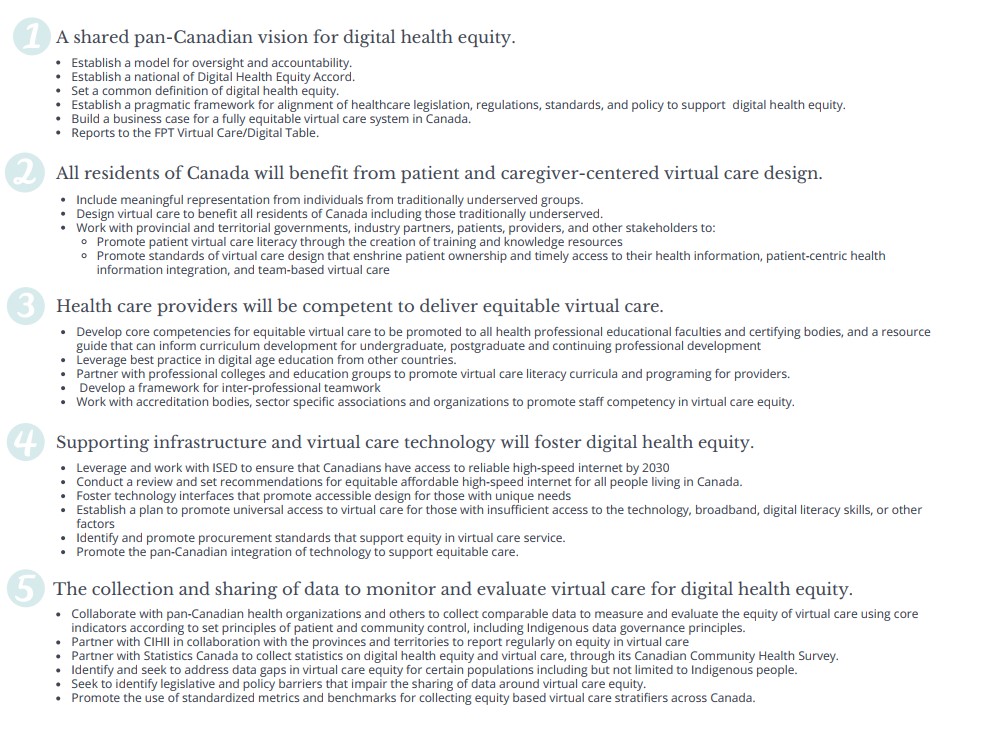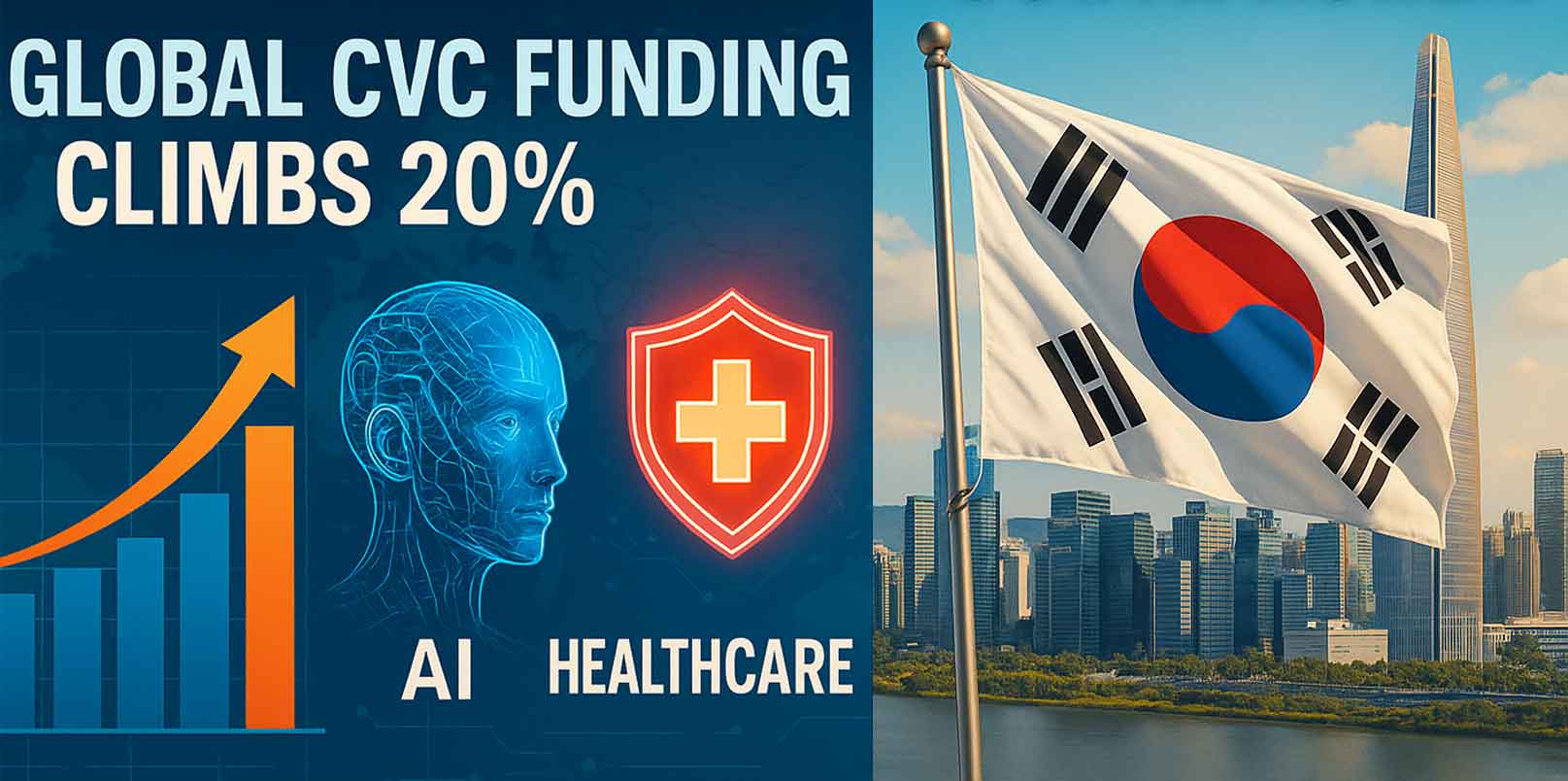The Hidden Power of Tech-Enabled Healthcare Services: Fueling the Next Wave of Healthcare AI

In recent years, large language models (LLMs) have shown enormous promise in enhancing healthcare delivery — from streamlining clinical documentation to generating accurate diagnoses and personalizing care recommendations. However, the effectiveness of these models hinges not only on the volume of the data used for their training and inference but also on the quality and novelty of that data. For AI to truly revolutionize healthcare, it must understand the social, environmental, and emotional context that influences health outcomes in order to make interventions more targeted and effective. AI can only achieve this degree of understanding if it is fed novel data that reflects the human experience – data that is currently generated by tech-enabled services.
Tech-enabled healthcare service companies combine software and human expertise to deliver care. These companies’ care givers (who we define as community health workers, doulas, family caregivers, and other providers of care) are uniquely positioned to generate the high-context, relational data that LLMs need to emulate meaningful human interactions because care givers (i) build a foundational level of trust with patients, and (ii) ask patients the right questions at the right time in order to learn more about their needs. One of the most important categories of healthcare data is the social determinants of health (SDoH), which are factors like emotional well-being, housing stability, and food security that can impact an individual’s health. Patients may not be willing to share their SDoH-related needs with a chatbot, an app, or even their physician in a rushed clinical setting. However, human-to-human interaction between patients and care givers enables trust to develop, shedding light upon invaluable, often SDoH-related, patient data.
By combining advanced technology with care givers, tech-enabled services foster the kind of trusting relationships that uncover hidden truths. Providers who see patients outside of a traditional clinical setting will observe challenges that are not ordinarily identifiable (e.g., a messy home, no car, no food in the fridge). Humans are also able to identify social cues that indicate underlying complexities; examples of such cues include:
- Changes in facial expressions;
- Avoidance of eye contact;
- Guarded posture;
- Changes in tone or speech rate;
- Pauses/hesitation; and,
- Noticing what is “unsaid”, possibly hinting at previously unrecognized complexities.
In identifying these challenges and social cues, providers can ask additional questions that generate novel data that not only improves patient care in real-time, but also trains LLMs to better understand and support future patients. As AI becomes more integrated into healthcare workflows, the ability to train models on real-world human interactions can distinguish high-performing solutions from generic, one-size-fits-all models.
Below are real-world examples of how novel data is generated and leveraged to better serve patients:

In the cases above, a seemingly innocuous social cue or question resulted in the uncovering of meaningful and actionable clinical or SDoH data. This is only possible if the care giver first establishes foundational trust with the patient, which then facilitates the disclosure of actionable information. Tech-enabled healthcare services are, therefore, not merely intermediaries between patients and technology, they are the essential scaffolding that, in the future, will enable AI to function in a human-centered and effective way.
To fully unlock the promise of AI in healthcare, investors, providers, and policymakers must recognize the strategic importance of tech-enabled service companies. They are not just delivering services — they are generators of actionable, novel data sets that will enable whole person care. By capturing the nuances of lived experiences, these services are laying the groundwork for a future where AI doesn’t just process data, it understands people’s needs.
Picture: Yuichiro Chino, Getty Images

Amit Aysola is a Managing Partner at Create Health Ventures and a healthcare operator, strategy consultant, and transaction advisor. His multi-disciplinary background in engineering, software management, strategic consulting, financial management, and transaction advisory centers on the next generation of transformative digital health technologies. Amit’s prior roles include building a healthcare venture portfolio for Wanxiang America and providing M&A and capital raise advisory services at Healthcare Growth Partners, a leading digital health investment bank that advised on the largest number of healthcare M&A deals in the U.S. He previously managed product testing, product deployments, and customer success at Plan Data Management, a digital health startup eventually sold to Trizetto Corporation. Amit is also an advisor to the University of Michigan’s Biomedical Venture Fund and on the External Advisory Committee for the Institute of Augmented Intelligence at Northwestern University’s Feinberg School of Medicine.
Emma Cartmell is a Managing Partner at Create Health Ventures and a healthcare industry operator, successful investor and sought after Board Member. Additionally, Emma is an advisor to Morgan Stanley’s Expansion Capital Fund and United Health Groups accelerator program. Previously, she served on the board of HIMSS North America and advised the British Government on digital health. Emma was also the founding COO for NantHealth where she oversaw over 30 digital health investments, worked as COO for Abraxis BioScience which was sold to Celgene for over $3B dollars, and served as SAIC’s Vice President of business development for the Health Solutions Business Unit and VP of Healthcare Advance Programs. With over two decades of proven leadership and investment success, Emma values leveraging technology to fix broken workflows in healthcare delivery to create an effortless patient experience, improve health outcomes and lower costs for all.
This post appears through the MedCity Influencers program. Anyone can publish their perspective on business and innovation in healthcare on MedCity News through MedCity Influencers. Click here to find out how.
link







